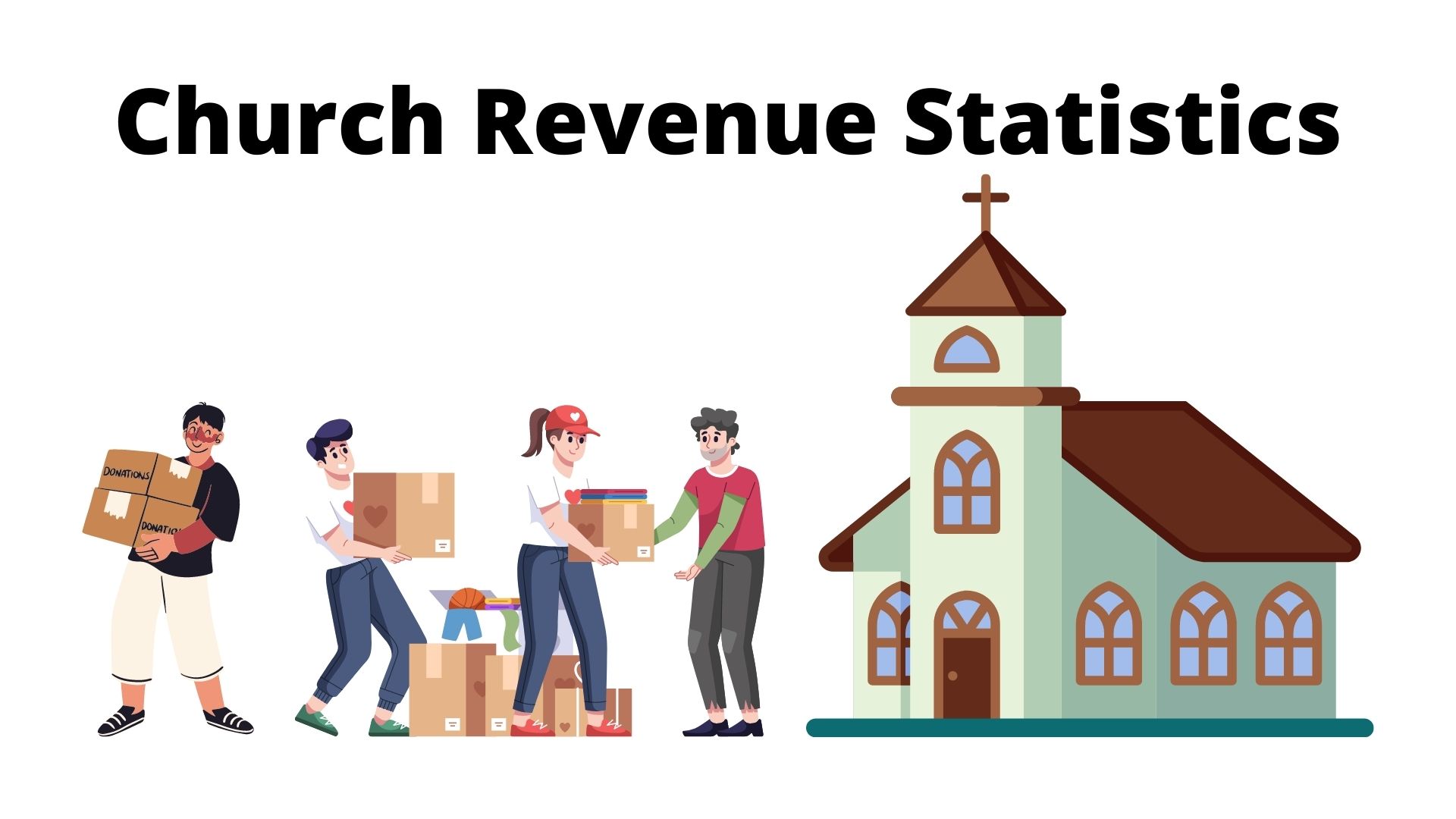CRM Going to the ASPs and SMBs
The ‘C' in CRM could stand for “change,” according to a new Aberdeen Group report on the customer relationship management (CRM) market. According to the Boston-based research firm, the market will grow at an annual rate of 6.7 percent to reach $17.7 billion by 2006.
Worldwide CRM Spending: Forecast and Analysis 2002-2006 doesn't portend a staggering growth rate, but what is attention-getting is how that growth will be achieved. “Purchasing of new CRM application software will rapidly transition to an ASP, subscription-oriented model,” said Hugh Bishop, Aberdeen senior vice president and author of the report.
“The financial benefits and risk mitigation associated with this model are driving user organizations to abandon the perpetual license model,” Bishop said. “CRM suppliers also see an advantage to this model, since it provides them with predictable, renewable revenues. As a result, license revenues will decline at an average annual rate of 4.8 percent, while subscription revenues will skyrocket to $2.8 billion.”
Aberdeen's findings beg the question, who will deliver the software as a service? Established enterprise indepedent software vendors (ISVs) such as Siebel and SAP or Web-based ASPs such as Salesforce.com and Upshot? “It will be some combination of both,” Bishop told eCRM Guide.
It will be interesting to watch it unfold. The major CRM software vendors have all tested the hosted model to some degree, though none has made a strong move towards a subscription offering, opting instead to work with ASP partners such as Surebridge, Corio and USi.
For the Web-based vendors, Salesforce.com has been the most vocal and the most successful. “Salesforce.com gets most noticed. It's an early first mover, but the market is only at fraction of where it will be.” Last week, Salesforce.com announced its first profitable quarter, but its $19.1 million in revenue for the period is dwarfed by the sales figures generated by enterprise ISVs.
Bishop suggests that another option: system integrators who buy a license to, say, Siebel CRM software and then deliver that to customers on a subscription basis. This type of customized approach belies the one-to-many ASP concept, but would offer a pay-as-you-go option for customers.
Perhaps the most interesting finding in the Aberdeen report is how small and medium-sized businesses (SMBs) will impact the CRM market. In fact, Aberdeen predicts, revenue from SMBs will exceed that of larger enterprises.
Subscription-based CRM software is attractive to small businesses because it's a “no cash upfront approach and can grow with the business.” That is, a SMB might initially sign on for salesforce automation (SFA) and later add other elements of a complete CRM solution.
Aberdeen breaks down CRM into the following categories: SFA, marketing automation, customer service automation, call/contact center management, field service management, partner relationship management and internal help desk.
Are small businesses ready for CRM? Speak out in the Small Business Computing Forum.

Dan Muse is a journalist and digital content specialist. He was a leader of content teams, covering topics of interest to business leaders as well as technology decision makers. He also wrote and edited articles on a wide variety of subjects. He was the editor in Chief of CIO.com (IDG Brands) and the CIO Digital Magazine. HeI worked alongside organizations like Drexel University and Deloitte. Specialties: Content Strategy, SEO, Analytics and Editing and Writing. Brand Positioning, Content Management Systems. Technology Journalism. Audience development, Executive Leadership, Team Development.
